How I've Started Working Remotely Before It Was Mainstream
(spoiler alert: 21 years ago!)
(spoiler alert: 21 years ago!)
This time we talked to the most experienced when it comes to remote working of our interviewees — Scott Dawson, a web designer from Trumansburg. Scott has been working remotely for 21 years (hard to believe, right?) and he wrote a book about it (less hard to believe).
This is an amazing man who is seriously interested in music, running, skating, acting, and writing; he created an active remote community while maintaining his blog — and all this at the same time working full-time from his home in upstate New York, where he lives with his wife, two children, and pets. He started working remotely when fax machines were part of the tech stack. Now that's something to delve into.
This is an amazing man who is seriously interested in music, running, skating, acting, and writing; he created an active remote community while maintaining his blog — and all this at the same time working full-time from his home in upstate New York, where he lives with his wife, two children, and pets. He started working remotely when fax machines were part of the tech stack. Now that's something to delve into.
— My first question is about the time you started working remotely. It was like that happened almost by accident, when your boss offered you to use this option instead of leaving. I think 21 years ago it was not actually a usual type of work and wasn't popular in those days. So why and how did your boss do that?
— Yes! So did you come by that by reading The Art of Working Remotely? It's one of my favorite chapters.
— Yeah, I did my homework.
— I hope the book made you laugh!
So, yeah. It was a total accident. I was fresh out of school, basically, and about a year and a half into my job. I was really lucky in my first job, because they put me through a rotation program and invested a lot of time and energy in helping me get to know different aspects of the business.
I spent time in technology, in a marketing group, and a regional technology group in Zurich. When I got back to the United States, I was newly engaged. We were looking at places to live and we were looking at places near New York City that felt right.
I was also looking at internal transfer opportunities. Before I could get very far on that, I told my boss I was looking to make a move. He said, "Don't waste your time with that. We really want to keep you here in this part of the company. Why don't you just try telecommuting?"
I got set up in a spare bedroom office in our apartment in Massachusetts. People who've been around for a while know what ISDN (Integrated Services Digital Network) is. Twice the speed of the typical dial-up offering from phone companies in 1998! I had a nice network connection and I had a Windows laptop, all while doing what I do today — web design. It's just that today I'm using high speed access over cable and I still have a Windows laptop. I wish it were a MacBook, though.
So, I was not armed with any additional information on how to thrive when I was not in the office, a traditional office. It was like I was in an office of one and calling into meetings like we would normally do; It was a huge benefit to start that job at a large company which already had a lot of offices, because by necessity, all of our meetings had a virtual component.
After two years, I asked around for feedback from people I worked with, and it came out they had no idea that I was a remote worker. They thought that I was working in the midtown office and they were in the Long Island City office. They made assumptions and I never led with the fact I was working remotely. It never really came up, I was there to work. But, after they heard about that I became known as a really efficient remote worker, because I was good at my job.
That was the beginning.
— That's so cool! How did that work back then? Now we have Slack, Zoom and every other tool. You were using some tools built by yourself? Or was it like an old Ciscos?
— Yes! So did you come by that by reading The Art of Working Remotely? It's one of my favorite chapters.
— Yeah, I did my homework.
— I hope the book made you laugh!
So, yeah. It was a total accident. I was fresh out of school, basically, and about a year and a half into my job. I was really lucky in my first job, because they put me through a rotation program and invested a lot of time and energy in helping me get to know different aspects of the business.
I spent time in technology, in a marketing group, and a regional technology group in Zurich. When I got back to the United States, I was newly engaged. We were looking at places to live and we were looking at places near New York City that felt right.
I was also looking at internal transfer opportunities. Before I could get very far on that, I told my boss I was looking to make a move. He said, "Don't waste your time with that. We really want to keep you here in this part of the company. Why don't you just try telecommuting?"
I got set up in a spare bedroom office in our apartment in Massachusetts. People who've been around for a while know what ISDN (Integrated Services Digital Network) is. Twice the speed of the typical dial-up offering from phone companies in 1998! I had a nice network connection and I had a Windows laptop, all while doing what I do today — web design. It's just that today I'm using high speed access over cable and I still have a Windows laptop. I wish it were a MacBook, though.
So, I was not armed with any additional information on how to thrive when I was not in the office, a traditional office. It was like I was in an office of one and calling into meetings like we would normally do; It was a huge benefit to start that job at a large company which already had a lot of offices, because by necessity, all of our meetings had a virtual component.
After two years, I asked around for feedback from people I worked with, and it came out they had no idea that I was a remote worker. They thought that I was working in the midtown office and they were in the Long Island City office. They made assumptions and I never led with the fact I was working remotely. It never really came up, I was there to work. But, after they heard about that I became known as a really efficient remote worker, because I was good at my job.
That was the beginning.
— That's so cool! How did that work back then? Now we have Slack, Zoom and every other tool. You were using some tools built by yourself? Or was it like an old Ciscos?
— Yeah, there weren't any collaboration tools like what we are accustomed to now. There was no screen sharing. I became good at communicating through visuals asynchronously.
As a web designer, I had the ability to put assets on a server and send people links. A form of asynchronous screen sharing, really. I would get on a phone call and tell them to pull up the link and I would be able to talk people through the prototype without being able to control the flow directly. I would talk them through the interface and have them navigate these interactive prototypes. At one point, the prototype I maintained had 600 pages.
As a web designer, I had the ability to put assets on a server and send people links. A form of asynchronous screen sharing, really. I would get on a phone call and tell them to pull up the link and I would be able to talk people through the prototype without being able to control the flow directly. I would talk them through the interface and have them navigate these interactive prototypes. At one point, the prototype I maintained had 600 pages.
One of my business stakeholders would fax me marked up versions of the designs. That was the feedback loop. I would update the prototype, we'd have a talk about it, she would print out pages from that prototype and mark them up with pen, then I would review that and ask relevant questions. Then this cycle would repeat. It worked out really, really well.
— You worked asynchronously! We are reading a lot about it right now. People see asynchronous work as the future of work: you can loop communication over hours, through time zones. But, you did it like 20 years ago!
— Yeah, it was cool then. It's cool now.
I actually haven't thought about that. We used the tools that were available to us and they worked and couldn't have been more efficient. Maybe because one of the things that she was forced to do was to really think about her feedback. She wasn't like reacting to it in a moment like on a Zoom call or WebEx. She was able to sit down and think about what she wanted to convey to me.
I don't know if that's necessarily a problem that I see a lot today, but I think there's something to be said for slowing down. There's something to being more thoughtful in collaborating, because too often conversations are really like going back and forth. It's very quick and very reactionary. But I think when you can slow down and get into this, you can get in the flow and think about what you want to contribute to the discourse. Great things can happen.
— I totally agree with you. This is a really cool story about async work. But, talking about teammates you had. Were you on the same team all the time? What about communication between you and managers, team leaders? So how do you communicate with your team? How often do you have to do that?
— Good questions.
I don't remember any positives or negatives about team interaction, we're talking about so many years ago. Interaction became more fluid when we got more collaboration tools. But a lot of collaboration was done on the phone. We didn't have daily stand ups per se, because Agile was not a thing. We didn't circle around Jira, because Jira wasn't a thing.
We had weekly check ins. So it wasn't very frequent. I loathed meetings. I think meetings get in the way of a lot of progress. I don't remember having a ton of meetings back then. I had a long career in my first job and I did manage people as well. I remember as a manager being very purposeful about not having meetings. When I did have meetings, I railed against having them become rote: I changed the format, kept things light, asked people about themselves and focused on not taking ourselves too seriously. I think the danger is in when you take the humanity out of the interaction.
— What's your basic minimum, your tool kit for remote work? What do you use right now?
— The tools are going to vary based on where you work and what they use. Right now I use WebEx. I use Skype for Business, which is essentially just instant messaging. But, WebEx does a lot of work for me.
We had a management void between a prior manager and my current manager, and I stepped up in the middle of that and started having a "cameras on" policy without saying it was a policy. I started sharing my video one day, and of course nobody else joined in. We have people from all over the world in our daily meeting. One day a colleague from Russia turned on his camera: I had never seen him before. It was magical, because I didn't force it. I didn't put out there like, "Hey, we must do this."Within a couple of weeks, most people were sharing their video. And now, it's something we do routinely. Most people have their cameras on for our daily meeting, and we're able to see who got their hair cut, who's smiling, who's not smiling. It's good stuff.
So those are two main tools we use. And maybe, I'll keep my fingers crossed, we'll get access to Slack.
— Hope so! And what about maybe your personal tools? Something you use for self-management? Do you do that?
Professionally, we're using Jira. We communicate a lot on there. Again, consistently submitting data to the cloud is like a key enabler of async work. Without that everything is stuck in email, in private conversations. I have personal task lists in Wunderlist, and I use Apple notes to get things out of my head.
— You worked asynchronously! We are reading a lot about it right now. People see asynchronous work as the future of work: you can loop communication over hours, through time zones. But, you did it like 20 years ago!
— Yeah, it was cool then. It's cool now.
I actually haven't thought about that. We used the tools that were available to us and they worked and couldn't have been more efficient. Maybe because one of the things that she was forced to do was to really think about her feedback. She wasn't like reacting to it in a moment like on a Zoom call or WebEx. She was able to sit down and think about what she wanted to convey to me.
I don't know if that's necessarily a problem that I see a lot today, but I think there's something to be said for slowing down. There's something to being more thoughtful in collaborating, because too often conversations are really like going back and forth. It's very quick and very reactionary. But I think when you can slow down and get into this, you can get in the flow and think about what you want to contribute to the discourse. Great things can happen.
— I totally agree with you. This is a really cool story about async work. But, talking about teammates you had. Were you on the same team all the time? What about communication between you and managers, team leaders? So how do you communicate with your team? How often do you have to do that?
— Good questions.
I don't remember any positives or negatives about team interaction, we're talking about so many years ago. Interaction became more fluid when we got more collaboration tools. But a lot of collaboration was done on the phone. We didn't have daily stand ups per se, because Agile was not a thing. We didn't circle around Jira, because Jira wasn't a thing.
We had weekly check ins. So it wasn't very frequent. I loathed meetings. I think meetings get in the way of a lot of progress. I don't remember having a ton of meetings back then. I had a long career in my first job and I did manage people as well. I remember as a manager being very purposeful about not having meetings. When I did have meetings, I railed against having them become rote: I changed the format, kept things light, asked people about themselves and focused on not taking ourselves too seriously. I think the danger is in when you take the humanity out of the interaction.
— What's your basic minimum, your tool kit for remote work? What do you use right now?
— The tools are going to vary based on where you work and what they use. Right now I use WebEx. I use Skype for Business, which is essentially just instant messaging. But, WebEx does a lot of work for me.
We had a management void between a prior manager and my current manager, and I stepped up in the middle of that and started having a "cameras on" policy without saying it was a policy. I started sharing my video one day, and of course nobody else joined in. We have people from all over the world in our daily meeting. One day a colleague from Russia turned on his camera: I had never seen him before. It was magical, because I didn't force it. I didn't put out there like, "Hey, we must do this."Within a couple of weeks, most people were sharing their video. And now, it's something we do routinely. Most people have their cameras on for our daily meeting, and we're able to see who got their hair cut, who's smiling, who's not smiling. It's good stuff.
So those are two main tools we use. And maybe, I'll keep my fingers crossed, we'll get access to Slack.
— Hope so! And what about maybe your personal tools? Something you use for self-management? Do you do that?
Professionally, we're using Jira. We communicate a lot on there. Again, consistently submitting data to the cloud is like a key enabler of async work. Without that everything is stuck in email, in private conversations. I have personal task lists in Wunderlist, and I use Apple notes to get things out of my head.
— I read on your Web site, you say that the biggest benefit you take from working remotely is quality of life, which is so true. You don't need to commute, to waste your time. However, we did research and a lot of tech guys say that isolation, loneliness is a big problem here. What do you think about that?
— Yeah, I totally agree. I think isolation is one of the biggest drawbacks, and unfortunately it's up to you as the person feeling isolated to seek out opportunities to lift yourself out of that.
It's actually one of the reasons that I started #remotechat because I wanted to make connections. I'm a runner, and I've seen #runchat on Twitter have great success. There's a ton of runners and they love to talk about running. And I thought that remote workers might enjoy the same type of communication.
There's a core group in #remotechat. We've become friends. We have fantastic conversations and learned things from each other. You learn that other people are struggling with the same things that you are. It's easy to think that you're the only one and think that there's something wrong with you. But the reality is it's a symptom of something broader that's going on. It might just be that you need to change your routine up and go to a coffee shop for a few hours or take a break to go for a run or meet a friend for a hike and just to have some human connection. It doesn't take a ton of time, but you do have to be intentional about it.
— And what would your top three tips for avoiding isolation or overcoming isolation?
— I think that the number one thing would be to identify something that you can do with other people and make a plan to do it. It doesn't have to be during the business day. It could be something during the evenings or on the weekends. So, for example, I like to sing and I joined the community chorus. We meet Monday nights. That's number one.
Number two is to get up and move and maybe that's going for a walk or listening to a podcast while you do that. You don't actually have to be with other people just to get your mind out of that negative feedback loop.
I think number three would be to do something fitness oriented. If you can run or enjoy group fitness, that's important to add to your routine. Because A: it gets your body moving and that feels good. Аnd B: you never know who you're going to meet. So you might meet your next client, you might meet your next friend. So that's a great way to go out there and do something for yourself physically, but also for yourself socially.
— I also read about your pets. Do they help you with overcoming loneliness, sometimes?
— My rabbit Phoebe shares my home office with me. During the day she has a cage that's open and she might be around my feet, hopping around the room, or sleeping. It helps to have another living creature in the room!
— Yeah, I totally agree. I think isolation is one of the biggest drawbacks, and unfortunately it's up to you as the person feeling isolated to seek out opportunities to lift yourself out of that.
It's actually one of the reasons that I started #remotechat because I wanted to make connections. I'm a runner, and I've seen #runchat on Twitter have great success. There's a ton of runners and they love to talk about running. And I thought that remote workers might enjoy the same type of communication.
There's a core group in #remotechat. We've become friends. We have fantastic conversations and learned things from each other. You learn that other people are struggling with the same things that you are. It's easy to think that you're the only one and think that there's something wrong with you. But the reality is it's a symptom of something broader that's going on. It might just be that you need to change your routine up and go to a coffee shop for a few hours or take a break to go for a run or meet a friend for a hike and just to have some human connection. It doesn't take a ton of time, but you do have to be intentional about it.
— And what would your top three tips for avoiding isolation or overcoming isolation?
— I think that the number one thing would be to identify something that you can do with other people and make a plan to do it. It doesn't have to be during the business day. It could be something during the evenings or on the weekends. So, for example, I like to sing and I joined the community chorus. We meet Monday nights. That's number one.
Number two is to get up and move and maybe that's going for a walk or listening to a podcast while you do that. You don't actually have to be with other people just to get your mind out of that negative feedback loop.
I think number three would be to do something fitness oriented. If you can run or enjoy group fitness, that's important to add to your routine. Because A: it gets your body moving and that feels good. Аnd B: you never know who you're going to meet. So you might meet your next client, you might meet your next friend. So that's a great way to go out there and do something for yourself physically, but also for yourself socially.
— I also read about your pets. Do they help you with overcoming loneliness, sometimes?
— My rabbit Phoebe shares my home office with me. During the day she has a cage that's open and she might be around my feet, hopping around the room, or sleeping. It helps to have another living creature in the room!
— Nice. I have also seen some pictures of your workplace and I know you put a lot of effort in how to organize that, to feel comfortable, to work more productively. Maybe you can name some typical mistakes to warn people who are only going to organize something for them to work remotely?
— I think the biggest mistake is to not have a space that you can close off. Having space that enables people to come bother you when you don't want to be bothered. I shut my door before this call, because my family is at home and the shut door is a signal that I'm busy. I open it when I'm free.
If you think you can work remotely on your living room couch and can deal with the distractions that arise, that's great. But I think more often than not, people need a dedicated space where you're in work mode. Once I leave that space, I'm not in work mode anymore.
I have a dedicated office that I can literally leave physically. During my evening, I'm not staring at my computer and I'm not hearing the email comes in. I am achieving a work-life balance by having a separate workspace. I think those are really key to staying power with remote work.
— Cool. What's most interesting to me is what are the most powerful main skills you need to have to work remotely successfully? Maybe soft skills, hard skills, mindset?
— The number one thing is communication. Being able to be an effective, active listener, but also a concise, clear communicator. It's not unique to remote work. You need to tailor how you communicate depending on who you're talking to, because the meaning of the message will be lost if you communicate the wrong way.
Communication is the biggest one, but there's a ton of other things to consider, like discipline and taking care of yourself as a person.
— Most of the time, when we talk about discipline, and we actually are most certainly sure that remote workers should be good self managers. But the problem here is that a lot of people don't trust freelancers because they disappear, burn the deadline or something like that. And people mix in distributed or remote workers with freelancers. Do you think they're the same? Have you ever met with this kind of attitude from remote working people?
— Honestly, I don't know if I would draw that distinction. I definitely have encountered negative attitudes towards remote workers. For example, "You're not actually working all the time because you might be spending your time doing chores or doing stuff outside around the house". I've been lucky that I've had people who know my work ethic, because they've worked with me and they've advocated for me.
I think you have to be extra vigilant when you work remotely about communicating what your value is. It's hard sometimes, when you don't like to brag or show overshare your status. But you have to do that. You have to say "Hey, look what I did. This is what I'm going to do next." You almost have to over communicate what value you're providing to compensate for that "if I can't see you working, I don't think you're working" bias. The irony is that in an office environment, people walk by your desk and think you're working just because you're sitting there. But the reality is, you're scrolling through your Instagram or reading articles online and not actually doing productive work. I think that bias is tough to overcome. You have to be able to counter that by communicating.
Also I'm very active in contributing to a shared knowledge base that our team uses. When you're active, vocal, and visible, people start to see you as part of a bigger picture, regardless of your geography.
— I think the biggest mistake is to not have a space that you can close off. Having space that enables people to come bother you when you don't want to be bothered. I shut my door before this call, because my family is at home and the shut door is a signal that I'm busy. I open it when I'm free.
If you think you can work remotely on your living room couch and can deal with the distractions that arise, that's great. But I think more often than not, people need a dedicated space where you're in work mode. Once I leave that space, I'm not in work mode anymore.
I have a dedicated office that I can literally leave physically. During my evening, I'm not staring at my computer and I'm not hearing the email comes in. I am achieving a work-life balance by having a separate workspace. I think those are really key to staying power with remote work.
— Cool. What's most interesting to me is what are the most powerful main skills you need to have to work remotely successfully? Maybe soft skills, hard skills, mindset?
— The number one thing is communication. Being able to be an effective, active listener, but also a concise, clear communicator. It's not unique to remote work. You need to tailor how you communicate depending on who you're talking to, because the meaning of the message will be lost if you communicate the wrong way.
Communication is the biggest one, but there's a ton of other things to consider, like discipline and taking care of yourself as a person.
— Most of the time, when we talk about discipline, and we actually are most certainly sure that remote workers should be good self managers. But the problem here is that a lot of people don't trust freelancers because they disappear, burn the deadline or something like that. And people mix in distributed or remote workers with freelancers. Do you think they're the same? Have you ever met with this kind of attitude from remote working people?
— Honestly, I don't know if I would draw that distinction. I definitely have encountered negative attitudes towards remote workers. For example, "You're not actually working all the time because you might be spending your time doing chores or doing stuff outside around the house". I've been lucky that I've had people who know my work ethic, because they've worked with me and they've advocated for me.
I think you have to be extra vigilant when you work remotely about communicating what your value is. It's hard sometimes, when you don't like to brag or show overshare your status. But you have to do that. You have to say "Hey, look what I did. This is what I'm going to do next." You almost have to over communicate what value you're providing to compensate for that "if I can't see you working, I don't think you're working" bias. The irony is that in an office environment, people walk by your desk and think you're working just because you're sitting there. But the reality is, you're scrolling through your Instagram or reading articles online and not actually doing productive work. I think that bias is tough to overcome. You have to be able to counter that by communicating.
Also I'm very active in contributing to a shared knowledge base that our team uses. When you're active, vocal, and visible, people start to see you as part of a bigger picture, regardless of your geography.
— True. We're going to talk about your book. The biggest question for me is what was your intention? Were you trying to just make it for yourself to be more clear? Or did you try to help others to do remote work more effectively?
— Yeah, it's a little bit of both.
A colleague had just started working remotely. He was really struggling and he was asking me for some advice about the issues he was facing. I gave him some things to try. He thanked me, but then pressed me to share the information. Specifically, "You should write something about this."
I had already started the #remotechat community and the web site. I love to write, so based on my colleague's push, I started writing down all the stories I remembered from when I started working remotely. I think every remote worker, regardless of how long they've been doing it, has a story to tell that is truly unique. So, I thought it was important that the first part of the book be about me as a person for context. There are tons of blog posts about how to set up your own great workspace and how to be disciplined. A lot of that content is recycled, and adding personal context can be so helpful.
Then I started writing chapters about different dimensions of remote work. It was really easy to talk about the infrastructure and essential for remote work. The soft skills section really brought things full circle, because without the soft skills you're going to be lost.
My wife is a teacher. She read the book and she said that it's a shame that this book's title gears it toward remote workers. She said anybody could read the soft skills regardless of whether they're teaching in a school or onsite in an office building in Omaha. It doesn't matter what type of job you're doing. A lot of those things are soft skills that help people in any position.
After a few short months, I had a book!
— You did it! You did a great job. I mean, it's like a full encyclopedia for working remotely. You feel like this is written by a human, someone who really knows all about this.
And just a typical question for you about remote work. What is the biggest obstacle? Because if remote work was clearly the best thing in the world, all companies would be remote. They are still in offices. What's the problem?
— I think that the answer to that is the reason why I've stepped away from opportunities in the past. I've tried to change the way people think. Not because the way they were thinking was wrong, but because the way is outdated. We've moved on. I think some companies don't truly believe that remote work can work better than what they have in place. So why not just keep doing what we've always done?
But remote is still a deal breaker for some companies and people. You just have to shrug your shoulders at that and say "Why? What are you afraid of?" Because if you are able to have that conversation and once that person has a successful engagement with somebody who's not sitting physically right next to them, they'll start to be more open to the concept.
But people are not getting to that point. They're too hung up on the label, like "Oh, that person is remote, so we can't consider them". Laurel Farrer spoke at Nomad City recently, and she said that a lot of the conversation around remote work needs to shift from the benefits to the worker to the benefits to the employer. I totally agree that this is key to shifting perceptions and acceptance.
You have to change people's perceptions and change their minds about who would be a qualified person to work with you. It's a long way to get there, because you truly have to change minds.
A colleague had just started working remotely. He was really struggling and he was asking me for some advice about the issues he was facing. I gave him some things to try. He thanked me, but then pressed me to share the information. Specifically, "You should write something about this."
I had already started the #remotechat community and the web site. I love to write, so based on my colleague's push, I started writing down all the stories I remembered from when I started working remotely. I think every remote worker, regardless of how long they've been doing it, has a story to tell that is truly unique. So, I thought it was important that the first part of the book be about me as a person for context. There are tons of blog posts about how to set up your own great workspace and how to be disciplined. A lot of that content is recycled, and adding personal context can be so helpful.
Then I started writing chapters about different dimensions of remote work. It was really easy to talk about the infrastructure and essential for remote work. The soft skills section really brought things full circle, because without the soft skills you're going to be lost.
My wife is a teacher. She read the book and she said that it's a shame that this book's title gears it toward remote workers. She said anybody could read the soft skills regardless of whether they're teaching in a school or onsite in an office building in Omaha. It doesn't matter what type of job you're doing. A lot of those things are soft skills that help people in any position.
After a few short months, I had a book!
— You did it! You did a great job. I mean, it's like a full encyclopedia for working remotely. You feel like this is written by a human, someone who really knows all about this.
And just a typical question for you about remote work. What is the biggest obstacle? Because if remote work was clearly the best thing in the world, all companies would be remote. They are still in offices. What's the problem?
— I think that the answer to that is the reason why I've stepped away from opportunities in the past. I've tried to change the way people think. Not because the way they were thinking was wrong, but because the way is outdated. We've moved on. I think some companies don't truly believe that remote work can work better than what they have in place. So why not just keep doing what we've always done?
But remote is still a deal breaker for some companies and people. You just have to shrug your shoulders at that and say "Why? What are you afraid of?" Because if you are able to have that conversation and once that person has a successful engagement with somebody who's not sitting physically right next to them, they'll start to be more open to the concept.
But people are not getting to that point. They're too hung up on the label, like "Oh, that person is remote, so we can't consider them". Laurel Farrer spoke at Nomad City recently, and she said that a lot of the conversation around remote work needs to shift from the benefits to the worker to the benefits to the employer. I totally agree that this is key to shifting perceptions and acceptance.
You have to change people's perceptions and change their minds about who would be a qualified person to work with you. It's a long way to get there, because you truly have to change minds.
— I think this is what we're doing day by day because we're working with a lot of early stage startups and I think that the key to successful remote teams is the really strong managers who believe in this.
— You have to have somebody who believes that it can work and knows how to create a culture in which it can thrive (micromanagement is the bane of productivity for me). Those two ingredients have to be there. Because once you put the cake in the oven, you have to let it bake. My wife has a bakery, so I like to use baking analogies.
For these early stage startups, you need to have a manager who's like "I want distributed teams, because I believe that people work best the way they work. I don't think they should be having to come to the office. And I want to be able to have a huge talent pool and get the best people."
— A few questions for you from this thought, how would you identify good remote work? Have you ever hired, interviewed someone?
— Yes.
So, actually, everybody that I've hired is technically working remotely because I work remotely, and they're not with me. I'm looking for attention to detail and communication. I don't care as much about technical skills because I truly believe, in an interview, that's far better than checking off boxes like "I know JavaScript or Java".
— Cool. You said that good managers should be able to believe and set up some kind of culture and remote teams. That's a big question. When you don't have an office, when you don't have even a chance to get people together more than once in a year. Is there a culture within it? What's the thing about cultures in remote teams?
— Everyone's going to have a different definition of culture and things they look for. So when I think about remote teams and culture, it's not about physical presence with each other. Culture is created by every single interaction that you have.
— What do you like about your everyday remote work the most? What's the key thing that you wouldn't change?
— I wouldn't change the fact that I work remotely for anything.
There is nothing that would make me move, you know, for a different job. I feel like that is an immense luxury to have breakfast with my family and then literally walk up the stairs and start working. After work, I walk downstairs and hang out with my family. I don't want to get on a train or bus or my own car to deal with traffic. I'm happy and healthy mainly because I can work this way.
I would not give that up. I feel incredibly fortunate to have been able to do this for twenty one plus years.
— You have to have somebody who believes that it can work and knows how to create a culture in which it can thrive (micromanagement is the bane of productivity for me). Those two ingredients have to be there. Because once you put the cake in the oven, you have to let it bake. My wife has a bakery, so I like to use baking analogies.
For these early stage startups, you need to have a manager who's like "I want distributed teams, because I believe that people work best the way they work. I don't think they should be having to come to the office. And I want to be able to have a huge talent pool and get the best people."
— A few questions for you from this thought, how would you identify good remote work? Have you ever hired, interviewed someone?
— Yes.
So, actually, everybody that I've hired is technically working remotely because I work remotely, and they're not with me. I'm looking for attention to detail and communication. I don't care as much about technical skills because I truly believe, in an interview, that's far better than checking off boxes like "I know JavaScript or Java".
— Cool. You said that good managers should be able to believe and set up some kind of culture and remote teams. That's a big question. When you don't have an office, when you don't have even a chance to get people together more than once in a year. Is there a culture within it? What's the thing about cultures in remote teams?
— Everyone's going to have a different definition of culture and things they look for. So when I think about remote teams and culture, it's not about physical presence with each other. Culture is created by every single interaction that you have.
— What do you like about your everyday remote work the most? What's the key thing that you wouldn't change?
— I wouldn't change the fact that I work remotely for anything.
There is nothing that would make me move, you know, for a different job. I feel like that is an immense luxury to have breakfast with my family and then literally walk up the stairs and start working. After work, I walk downstairs and hang out with my family. I don't want to get on a train or bus or my own car to deal with traffic. I'm happy and healthy mainly because I can work this way.
I would not give that up. I feel incredibly fortunate to have been able to do this for twenty one plus years.
— You are a very multifaceted person, you're creative. You write, run, hike, sing, sketch, you have a lot of hobbies. But, do you think it's like this because you have a remote job or, do you want to work remotely because of this?
— It's because of it. If I were still commuting, I would likely regret that I didn't have the time and energy to do these other things. I think working remotely gave me the headspace to do things that are totally different from my day job. And it feeds me.
I'm a creative person and I think I owe a lot of that to how I work.
— It's because of it. If I were still commuting, I would likely regret that I didn't have the time and energy to do these other things. I think working remotely gave me the headspace to do things that are totally different from my day job. And it feeds me.
I'm a creative person and I think I owe a lot of that to how I work.
Did you like this article?
5 January / 2020





